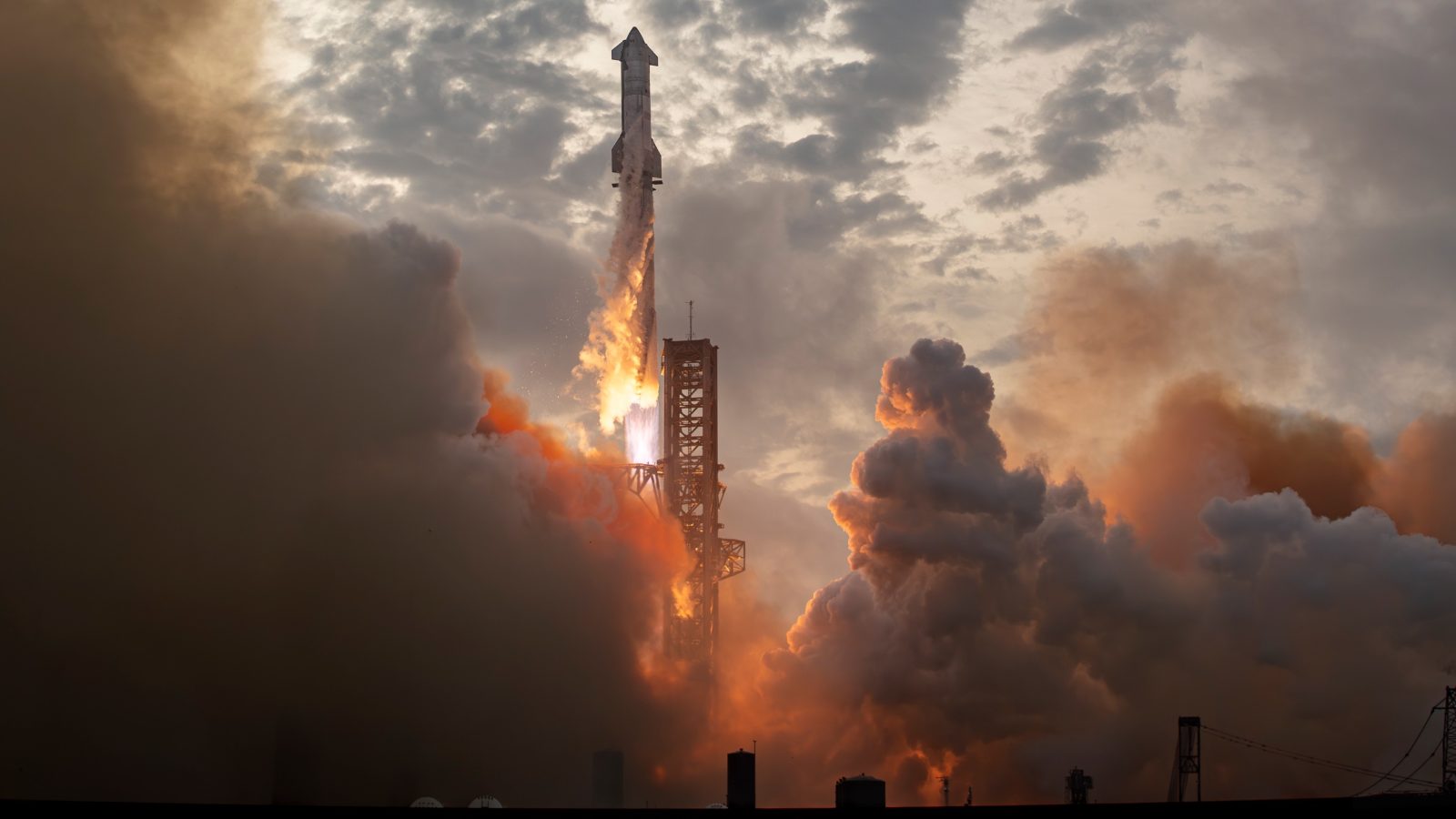
We’ve seen a lot of changes to the space launch market over the last decade, from hopeful underdogs to defacto monopolies. Now we’re going through another large shift in the companies launching rockets, not launching rockets. Payload spoke with the top executives about the change and here’s what they said.
The future of space launch might not be just rockets
If you take a look at the major players of the space launch market most of them have something in common, they are expanding their business outside of launch.
The most notable will be SpaceX who started launching its Starlink satellites in 2019. The devision has quickly grown to be a major revenue maker for the company and has potential for an IPO (one day in the far future). While building rockets doesn’t usually lead to off shoot products you can commercially sell to others, satellite manufacturing can.
SpaceX has already spun off a defense variation of Starlink called Starshield and have begun selling the laser interlinks Starlink satellites use to other producers as well. In the last five years, SpaceX has gone from solely a launch provider to a full on space services company. From dedicated and rideshare launches to internet from space, they can almost do it all.
Rocket Lab is in a very similar place, they even started doing it long before it was cool. The US/New Zealand launcher began its satellite building process early on its lifespan with Photon. The company has also used its SPAC earnings well, acquiring companies to expand what it produces in house and for others. At this point Rocket Lab can build anything you want to go to space and launch it almost anywhere in the solar system.
“My prediction is the large space companies of the future are not going to be a launch company or a satellite company. They’re going to be companies that use those tools to deploy infrastructure and provide services to the customer,” Peter Beck, Rocket Lab founder and CEO told Payload.
Rocket Lab has long since changed its identity from a launch provider to almost a “Space-as-a-Service” company. They do it all and will soon add medium launch to its services with its Neutron rocket.
Some companies haven’t bought on, and can’t buy on, to this new ideology. ULA is doubling down and will only focus on improving its Vulcan rocket for commercial use. Payload analyst make a good point here stating it would be competing with its parent customers, Boeing and Lockheed Martin, who have large teams dedicated to building satellites and other spacecraft.
“For now, we’re focused on our rocket enabling other people’s payloads, not competing with our customers,” Tory Bruno, ULA CEO, told Payload.
Join our Discord Server: Join the community with forums and chatrooms about space!
Light vs Heavy vs Superheavy
While building competition in the medium to heavy launch market seems to be the theme of 2024, companies that can’t find money elsewhere could be in trouble of never being sustainable. SpaceX’s grip on the market isn’t slipping, and with revenue coming elsewhere, a few competitors probably won’t slow them down from being able to one up everyone with Starship.
Because let’s be honest, everyone is attempting to catch up to SpaceX’s Falcon 9 and Heavy rockets. Yet, Starship is probably one or two more launches away from coming online commercially. (Well, they gotta build a version that be used commercially but that’s another story.)
While some will stick to smaller rockets, for various reasons, if Starship can truly cut launch costs to a fraction of what it use to be, new rockets coming out today to compete with the Falcons will be looked on as obsolete in just a few years.
Like how there is and always will be room for dedicated SmallSat launchers in today’s market (even with rideshare proven to be enough for many), there will be a market for smaller dedicated rockets for large payloads.
Sadly we’re in a period that we cannot predict what will happen. Everything is just too knew so I have to finish this article with the “only time will tell” cop out because well, only time will tell how the future of the space launch market will turn out.
FTC: We use income earning auto affiliate links. More.



Comments